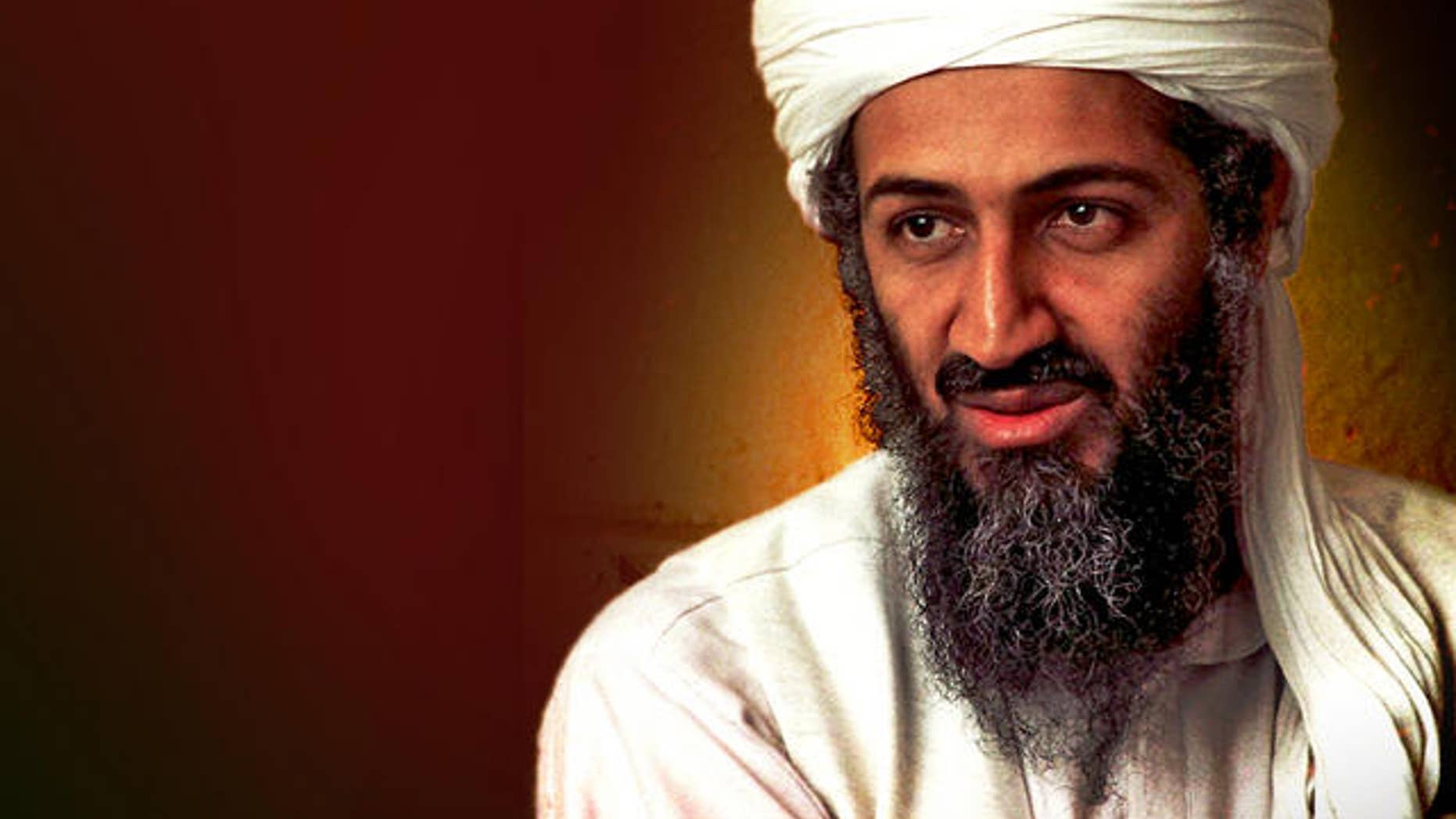In the annals of contemporary conflict, few names evoke as much trepidation and intrigue as that of Osama bin Laden. The founding figure of al-Qaeda, bin Laden’s rhetoric has long called for a violent jihad against perceived oppressors of Islam. Recent developments surrounding the conflict in Darfur introduce a perplexing layer to his militant ideology, especially his denunciation of the peacekeeping forces deployed to stabilize the war-torn region. These United Nations-African Union hybrid troops, entrusted with the elusive task of restoring peace, have become the focal point of bin Laden’s diatribes, manifesting a complex interplay of geopolitical stratagem and ideological fervor.
At the heart of bin Laden’s vehement opposition to the Darfur peacekeepers lies a broader narrative of perceived Western imperialism. The Sudanese conflict is emblematic of the clashing interests of global powers, where humanitarian interventions are often viewed through a prism of skepticism by radical factions. Bin Laden’s call for jihad against the peacekeepers operates not solely as a tactical maneuver, but as a broader ideological rallying cry aimed at mobilizing support against foreign intervention. This positions the peacekeepers not as guardians of peace, but as agents of a Western agenda that seeks to undermine Muslim sovereignty.
The fascination with bin Laden’s complex rhetoric invites deeper exploration into the motivations that fuel such declarations. Within extremist circles, there exists a pervasive belief that Western nations, under the guise of benevolence, seek to propagate a secular order that is antithetical to Islamic principles. By framing the peacekeeping forces as invaders, bin Laden taps into a wellspring of resentment that resonates deeply with his audience, galvanizing them under the banner of an existential struggle against external domination.
Furthermore, bin Laden’s stance is reflective of a broader struggle within the Islamic world regarding the interpretation of jihad. While mainstream Islam categorically opposes violence, bin Laden’s perversion of the term serves as a powerful recruitment tool, appealing to disaffected youth who view the world through a lens of grievance and injustice. This creates an emotional and ideological resonance that fosters radicalization and perpetuates cycles of violence.
As the conflict in Darfur continues to unfold, the implications of bin Laden’s rhetoric extend far beyond the battlefield. The sociopolitical dynamics of the region are intricately linked to broader geopolitical strategies, making the situation a veritable crucible for international relations. The confluence of humanitarian efforts and militant opposition elucidates a critical aspect of modern warfare—a delicate balance that peacekeepers must navigate amidst the cacophony of extremist propaganda.
In conclusion, bin Laden’s calls for jihad against the Darfur peacekeepers illuminate not only the complexities surrounding the Sudanese conflict but also the multifaceted nature of modern jihadist ideologies. As the world strives for lasting peace in regions beset by violence, understanding the underlying motivations that drive such fervent opposition is essential to devising effective strategies for resolution and reconciliation.
